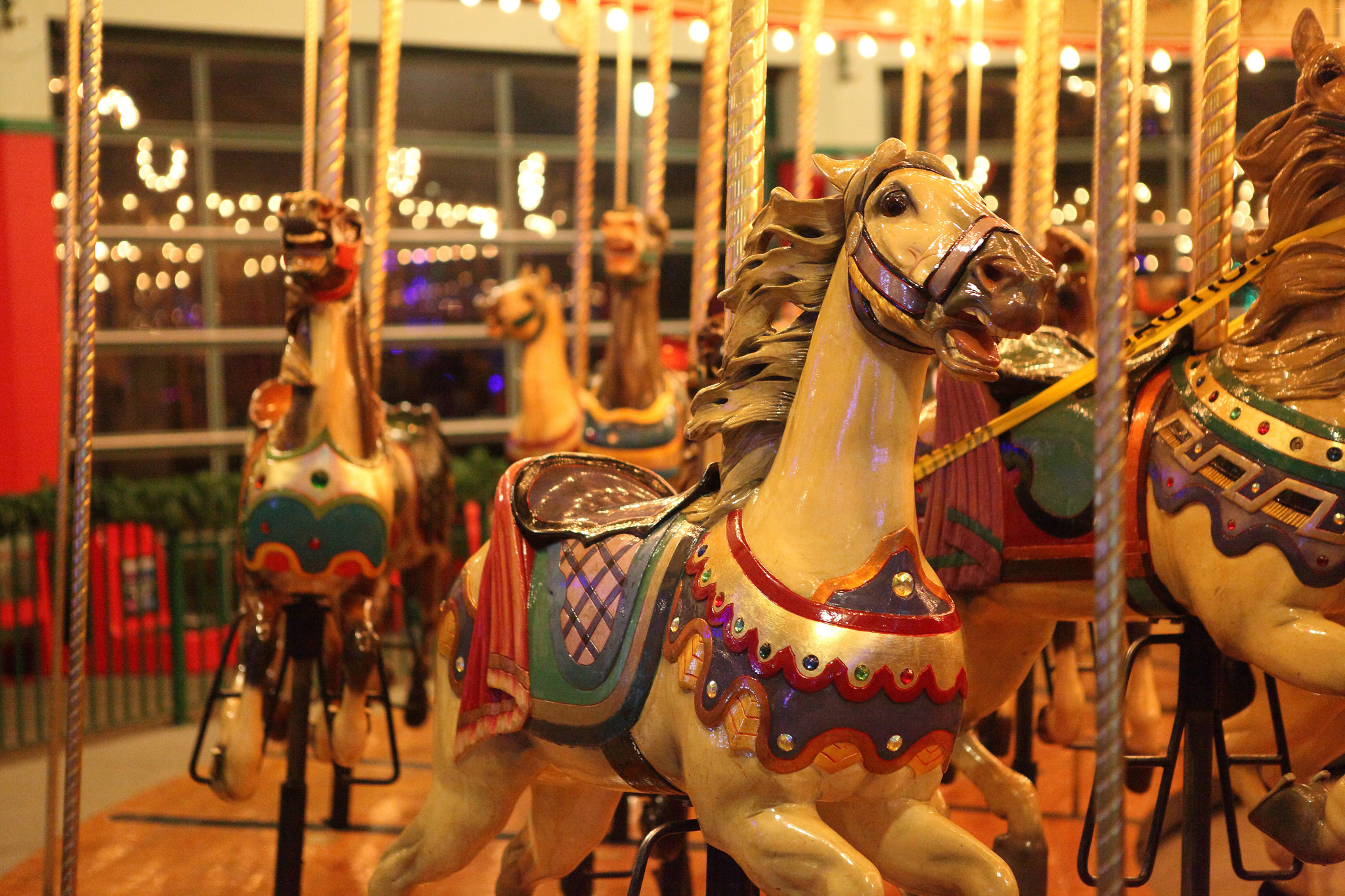Before we delve into the posts we’re reading and loving elsewhere on the internet, don’t miss Patrick Carr on whether the United States is lurching towards war with Iran.
And subscribe to the Global Comment podcast on iTunes or Soundcloud.
‘A Brief History of Soy Milk, the Future Food of Yesterday‘ (Nadia Berenstein for Serious Eats)
How much do you know about the history of soy milk?
But there is another way of thinking about soy milk—not as a substitute milk but as a triumph and improvement over conventional dairy. Viewed in this way, soy milk is not a milk of scarcity and deprivation but a potentially ideal beverage, one that could be engineered to better serve human needs.
‘Is There a Place for Hooters in 2018?‘ (Jaya Saxena for GQ)
Hooters is a cultural phenomenon, but it can be hard to find thoughtful, series explorations of Hooters as a cultural touchstone. This read is well worth your time.
Anderson’s description of working at Hooters matches much of what’s already been written about the protocol. Waitresses must wear their hair down and pass uniform inspections daily. They must sit and chat with each of their tables, and they’re expected to sell Hooters merch as much as wings. But mostly, they were expected to sell themselves. “We were taught that our jobs were less about selling food and more about selling the fantasy of the Hooters Girl,” said Anderson.
‘How To Build An Intellectual‘ (Hedia Anvar for Slice)
After her family immigrated from Iran, Anvar was flung into a surprising and confusing new universe, but one that was also oddly familiar.
New York, the greatest city in the world, had something set-like about it, not dissimilar to the sets in my father’s old productions. The buildings themselves were the unmistakable backdrops to the black-and-white Hollywood films I had watched throughout childhood in Tehran.
‘How the Case for Voter Fraud Was Tested — and Utterly Failed‘ (Jessica Huseman for ProPublica)
Voter fraud is a lie, and proponents of crackdowns on voting rights in the name of preventing fraud were just dealt a heavy blow in Kansas, as a court of law delivered the same message that researchers have been reiterating for years: Fraud is virtually nonexistent, and the stakes of limiting access to the ballot box are high.
One of Kobach’s own experts even rebutted arguments made by both Kobach and President Donald Trump. The expert testified that a handful of improper registrations could not be extrapolated to conclude that 2.8 million fraudulent votes — roughly, the gap between Hillary Clinton and Trump in the popular vote tally — had been cast in the 2016 presidential election. Testimony from a second key expert for Kobach also fizzled.
‘Joe and the Whale‘ (Chelsea Murray for the Deep)
A man committed to saving whales from the sins of man died doing what he loved, and it’s chronicled in this rich, fascinating read that explores not just the circumstances of his death but the larger crisis for whales, and the nagging question of what to do when it feels like a species has reached a point of no return.
As a fisherman, Joe knew that the way these creatures were snared, year after year, was a by-product of his own livelihood. (A few years ago, gear from a boat he worked on actually turned up on a right whale off Daytona Beach.) Joe rescued whales first and foremost because he felt that he owed it to the ocean. He was driven by a desire to give back. But not unlike the whalers of old, he thrilled to the open ocean and the rush of adrenaline that comes with sidling up to a giant, some of the largest animals ever to have lived. For more than 1,000 years, humans have been climbing into tiny boats for the chance to slay a whale. Joe was a member of the first generation to do the same thing to save them.
And hey: Much like public radio, we’re listener supported. If you enjoy our work, please consider supporting us with a one time or recurring donation.
Photo: Sam Howzit/Creative Commons

